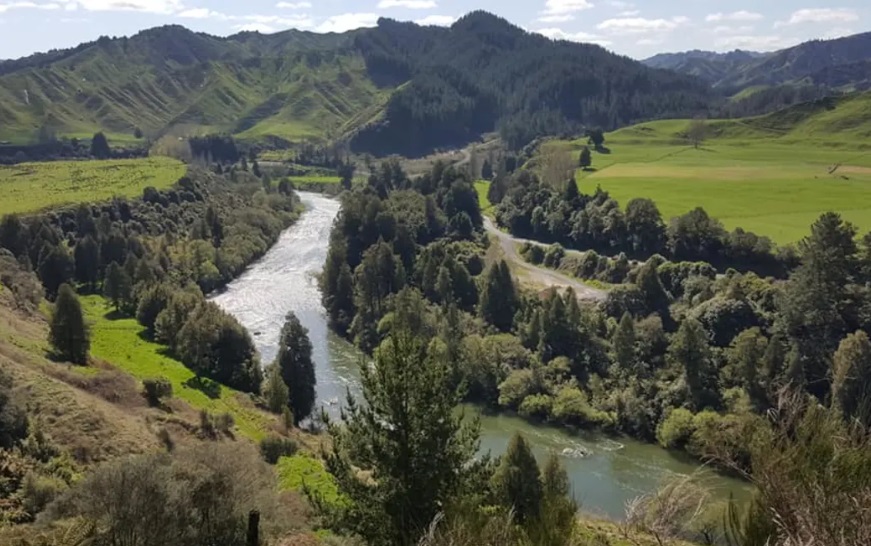
One idea that has gained traction globally is to grant legal rights to nature.
Ecuador became the first country to legalise the rights of nature in 2008, and other ecosystems around the world have followed suit - including New Zealand's Whanganui River.
Dr Viktoria Kahui, senior lecturer in environmental economics at the University of Otago, told Susana Leiataua on RNZ's Afternoons that granting personhood to nature acknowledged it had an explicit right to exist, flourish and be well.
Cases in New Zealand included the Whanganui River in 2017 and Te Urewera (2014); and the process for Taranaki Maunga is under way.
So what does legal personhood mean for nature?
In the case of Whanganui awa, it had "shifted the whole mindset away from being pretty much ... used and abused" by local businesses and council, she said.
Now, guardians both from the Crown and local iwi had been appointed, and there was an advisory board to manage the river.
"It comes down to having a voice, a representation in decision-making, and not being so much subject to decisions made at upper levels."
It also was an explicit acknowledgement of the connection between tangata whenua (local Māori) and the river, and giving them a voice in its management.
Looking at similar cases around the globe - including in Ecuador and Spain - Kahui and her team's research delved into who was advocating for those natural spaces, what were the economic pressures and how the legal personhood varied.
"It's really fascinating. The one thing they all have in common is it was very difficult for them to fight against the sustained economic pressure - mainly from mining companies in Ecuador, or [in Spain] from tourism and [agriculture]."
There was wide variation, however, in what legal personhood looked like between those countries. In Ecuador, it was enshrined in the national constitution; here in New Zealand, it entailed a legislative change.
"In Ecuador, every citizen can basically go to court and speak on behalf of Mother Nature, while [for] the Whanganui River we have dedicated guardians."
It was too simplistic, however, to say that granting personhood would ensure or improve biodiversity, she said.
"Many of these 'rights of nature' case studies are the result of complex, historic grievances and conflicts, and ecological outcomes are neither defined nor measured."
A case brought for Lake Erie on the US/Canadian border, for example, was overturned as it was unclear what a violation of its rights would mean for local farmers.
Another example, where a court in northern India gave the Ganges and Yamuna rivers the status of "living human entities", meant that any damage to the river was equal to human injuries.
The local government went to the Supreme Court of India to test the issue of liability, for example if someone drowned in the river - and again, the status was overturned.
New Zealand was world-leading in having set a precedent for natural entities to have legal status, she said, and many cases she had studied around the globe were modelled on the Whanganui River legislation.
"What it has shown is that attention to detail matters: it has to be a very clearly, legally defined legal personhood... and to specify who are the guardians, and what they are liable for."
It was significant, too, that the guardianship of Whanganui awa was government-funded, she said, so that it was sustainable.
Together with her fellow researchers, she "came to the conclusion that legal details matter".












